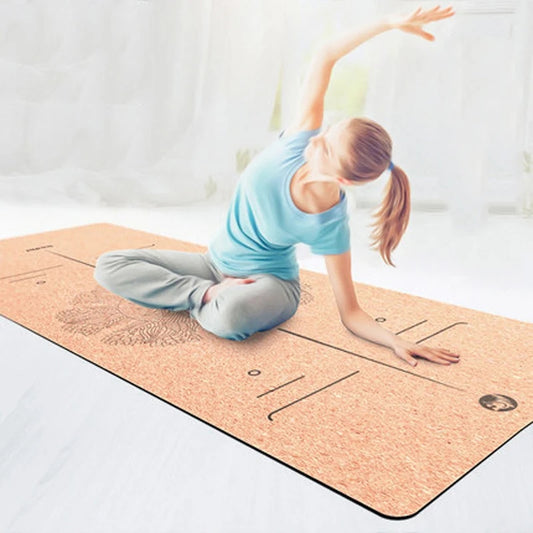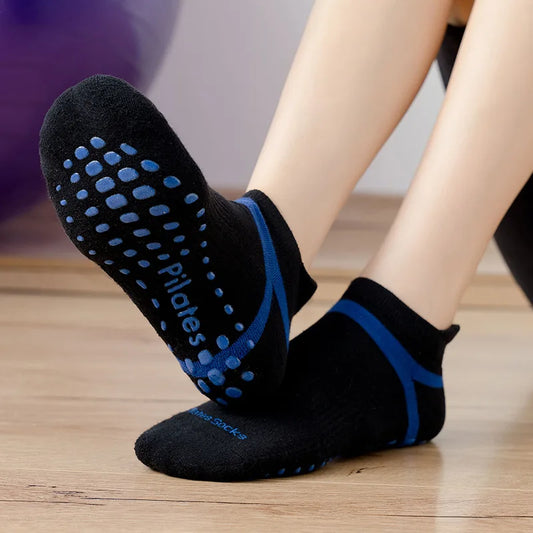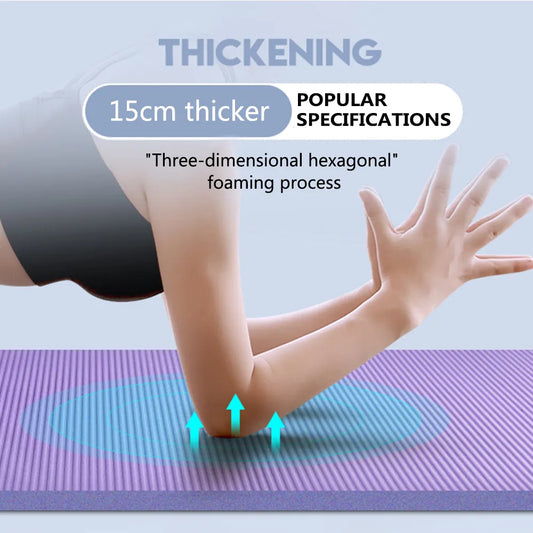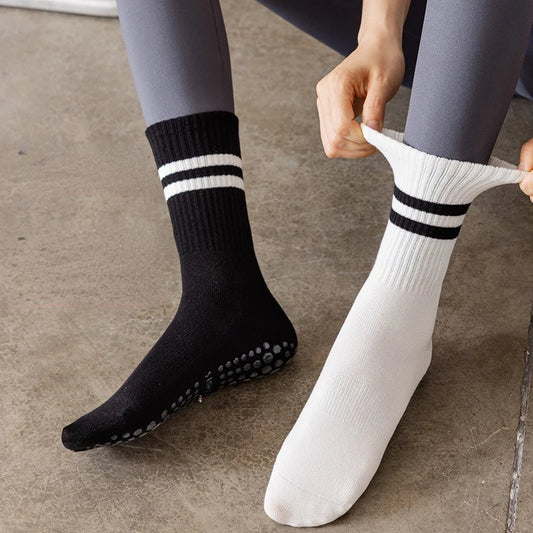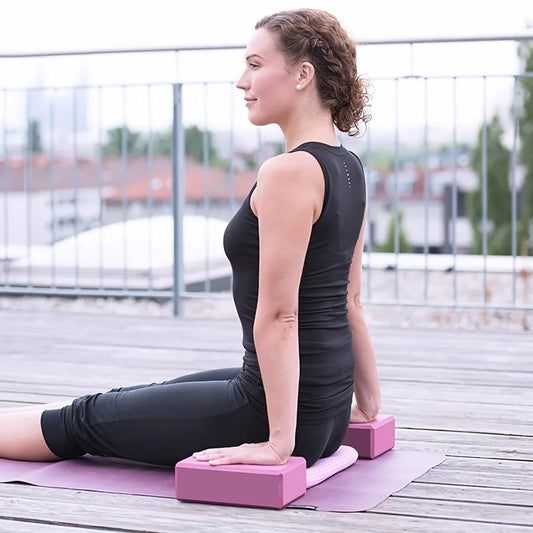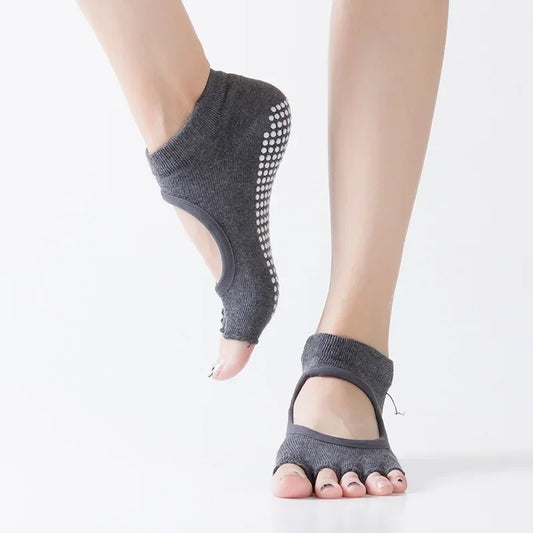Knee pain can sometimes be connected to issues originating from the hips due to the interconnectedness of the musculoskeletal system. Here are a few scenarios where knee pain might be linked to hip issues:
-
Hip Flexor Tightness: Tightness or dysfunction in the hip flexor muscles, such as the iliopsoas or rectus femoris, can lead to altered biomechanics and compensatory movements. This can result in increased stress on the knee joint and surrounding structures, leading to knee pain.
-
Weak Hip Abductor Muscles: Weakness in the hip abductor muscles, including the gluteus medius and minimus, can contribute to poor hip stability and alignment. As a result, excessive stress may be placed on the knee joint during weight-bearing activities, potentially causing knee pain and discomfort.
-
Hip Impingement (Femoroacetabular Impingement - FAI): Hip impingement occurs when there is abnormal contact between the bones of the hip joint, typically due to structural abnormalities or movement dysfunction. Hip impingement can alter movement patterns and mechanics, potentially leading to compensatory movements and increased stress on the knee joint, resulting in knee pain.
-
Hip Osteoarthritis: Hip osteoarthritis, characterized by degeneration of the hip joint cartilage, can cause pain and dysfunction in the hip joint. Altered movement patterns and gait mechanics associated with hip osteoarthritis may lead to increased stress on the knee joint, contributing to knee pain and discomfort.
-
Pelvic Alignment Issues: Pelvic misalignment or asymmetry can affect the biomechanics of the entire lower extremity, including the hips and knees. Imbalances in pelvic alignment may lead to compensatory movements and altered weight distribution, potentially causing knee pain and dysfunction.
-
Iliotibial Band (IT Band) Syndrome: The iliotibial band is a thick band of connective tissue that runs along the outside of the thigh, connecting the hip to the knee. Tightness or inflammation of the IT band can lead to altered knee mechanics and increased stress on the knee joint, resulting in knee pain.
-
Sciatic Nerve Compression: Compression or irritation of the sciatic nerve, which originates in the lower back and travels through the hip and down the back of the leg, can cause referred pain or discomfort in the knee. Hip issues such as piriformis syndrome or lumbar radiculopathy can lead to sciatic nerve compression and knee pain.
In these scenarios, addressing underlying hip issues through targeted stretching, strengthening, mobility exercises, and corrective movement patterns may help alleviate knee pain and improve overall lower extremity function. It's essential to consult with a healthcare professional, such as a physical therapist or orthopedic specialist, for proper diagnosis and treatment recommendations tailored to your specific needs and condition.








